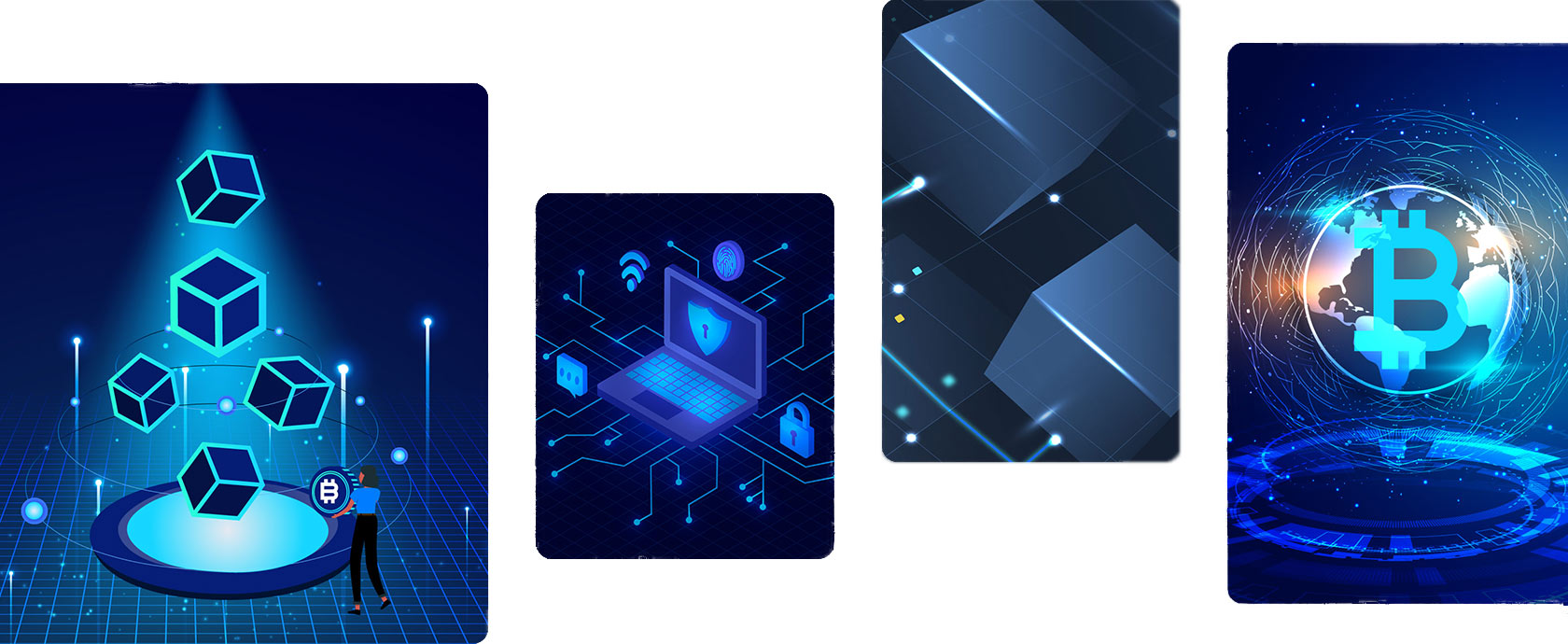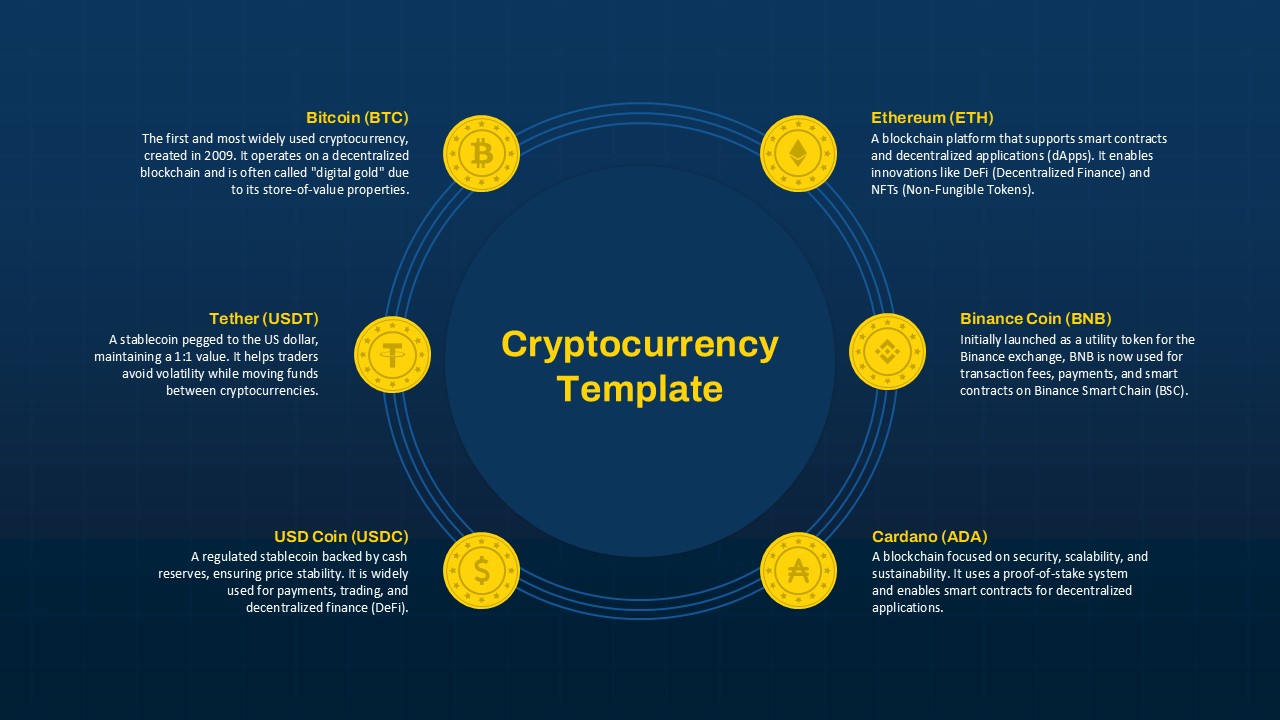A Peek into Programming Platforms for Blockchain Development ...
Blockchains are no longer only about cryptocurrencies. Open source blockchain programming platforms offer security and privacy in the development of decentralized applications. Here’s a list of such platforms to choose from.
Blockchain technology is bolstering security, minimizing fraud and streamlining processes in various domains including wireless communications, smart cities, smart vehicular networks, finance, healthcare, supply chain, cybersecurity, and government services. The global blockchain market is growing rapidly and is expected to exceed US$ 94 billion by 2027 as per a report from MarketsandMarkets, due to increasing interest in secure, transparent and decentralized services.
Blockchain in Finance and Government
Top finance companies like JPMorgan, Visa and PayPal are spending a huge sum on blockchain based payment systems to speed up processing. Government agencies in China, the United States and the European Union are exploring if blockchain can help with digital identity management, tax compliance and secure voting systems. Decentralized finance (DeFi), non-fungible tokens (NFTs) and enterprise blockchain applications are all part of this ecosystem.
Tech giants like IBM, Microsoft and Oracle are offering blockchain-as-a-service (BaaS) so that companies can deploy blockchain solutions with negligible investment in infrastructure. Blockchain technology is also being adopted in cybersecurity, allowing organizations to maintain records of transactions, share data securely, and detect fraud to defend themselves from the growing threat of cyber-attacks.
Decentralized Applications (DApps)
Blockchain is used in the deployment of DApps to ensure security and privacy. DApp based software applications are designed for execution on distributed peer-to-peer networks rather than being hosted on a centralized server. DApps differ from conventional applications in the sense that they are self-executable, censorship-resistant and utilize smart contracts to carry out predefined operations between parties without intermediaries.
This technology makes use of blockchain protocols for storing data in a decentralized manner for secured transactions. DApps offer greater transparency, security and user control, making them a vital component of the developing Web3 ecosystem.

Decentralized Finance, Supply Chain, and Gaming
One of the most popular use cases of DApps is in the realm of decentralized finance (DeFi) as it allows users to utilize peer-to-peer financial services without requiring banks or financial institutions. Applications in supply chain management enhance transparency, traceability, and efficiency, preventing fraud and counterfeiting.
Blockchain-based gaming and NFTs have ushered a seismic renaissance in the gaming industry. DApps are powering video games, allowing players to own in-game assets, trade collectibles, and monetize their gaming experiences.
Social Media, Content Creation, and Healthcare
Blockchain DApps are solving issues around data privacy, censorship, and revenue distribution in the social media and content creation sphere. Decentralized social platforms offer users control over their data and content. Healthcare systems benefit from blockchain-based DApps, enabling secure storage and sharing of medical records.
Programming Platforms for Blockchain Development
Here are the key programming platforms for blockchain development, using which a range of secured and decentralized applications can be developed and deployed:
- Ethereum: An open-source blockchain platform for developing decentralized apps and smart contracts.
- Hyperledger: A collaborative, open-source project for enterprise-grade blockchain frameworks.
- Polkadot: A multichain open-source blockchain platform for building cross-chain decentralized apps.
- Solana: A high-performance open-source blockchain designed for decentralized apps and cryptocurrencies.
- Binance: An open-source blockchain platform for building decentralized applications and digital assets.
- Cardano: An open-source blockchain platform focusing on security, scalability, and sustainability.
- TRON: An open-source blockchain platform for creating decentralized content-sharing platforms.
- Corda: An open-source blockchain platform designed for enterprise use cases.
- Chainlink: A decentralised oracle network facilitating secure access to real-world data for smart contracts.
- NEO: A blockchain platform for creating a network of decentralized digital assets and smart contracts.

For developers working to build and deploy secure decentralized applications, open-source blockchain platforms provide comprehensive documentation, community support, and the flexibility to adapt blockchain solutions according to business or technical requirements. From high-performance platforms like Solana and Polkadot to enterprise-grade systems like Hyperledger and Corda, developers can speed up their blockchain projects by using these open-source tools.










